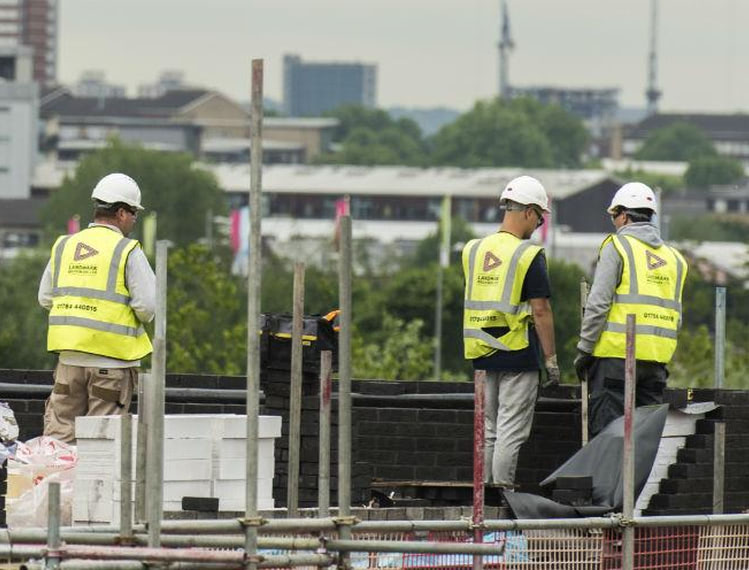The value of apprentices in solving the skills shortage in the construction industry

Concern has been raised by construction industry experts about a shortage of skilled workers. It was revealed by City & Guilds that 87% of employers last year were struggling to get hold of the necessary number of skilled workers.
Official figures, revealed in Construction News, shows that 12.6% of the UK’s construction workers aren’t British-born, with 5.7% originating from the EU. This rises considerably in London to 60%. Rather concerning is the fact that three in 10 British-born construction workers are older than 50 years old and edging towards retirement.
One way to combat this, according to experts, is to have more apprentices in the industry. It’s thought that apprenticeships could be crucial, especially following Brexit.
Nation Apprenticeship Week will be celebrated at the beginning of March, and following a rise in publicity, employers have been encouraged to think about the future of their workforces — could apprentices fill the employee shortage?
Work platforms specialists, Niftylift, investigates further:
Construction, Engineering and Manufacturing, and Planning and the Built Environment are within the top five sectors for apprenticeship starts.
Redrow, a leading UK housebuilder, released its second annual research report which revealed that, thanks to a positive shift in attitudes and the perception of construction, the apprenticeship pathway has improved, with a 14% increase in young people considering a career in the sector.
Karen Jones, Redrow’s Group HR Director, spoke on the report, saying:
“These results illustrate that apprenticeships and careers in construction are being viewed in a more positive light.
“Apprenticeships are a way of futureproofing the UK workforce, particularly in sectors where there is a skills shortage, such as construction, so it is pleasing to see that progress is being made.”
Success for apprenticeships is anticipated to keep growing as the new apprenticeship levy that was introduced last year brings with it a new way of funding apprenticeship programmes.
Whilst some employers have snubbed the new levy as just being ‘another tax’, both large and small employers can benefit from the fund, meaning that 90% of apprenticeship training costs are funded by the government.
Furthermore, employers within the construction sector can use up to 10% of the funding to train employees across the full supply chain — something not to be snubbed with the current shortage in skilled workers.
UK Construction Media claims that apprenticeships are indeed delivering the goods — as a huge 86% of employers say that apprenticeships are helping them develop skills relevant to their organisation, and 78% believe they help improve productivity.
Chris Wood, CEO of Develop Training, is also confident that the apprenticeship programme is working:
“Working with some of the UK’s largest utility firms, our success rates have been very high. We and our customers have no doubt that, managed well, apprenticeships do work.”
He continued:
“New initiatives such as Trailblazer Apprenticeships and the Apprenticeship Levy have raised awareness across the UK. Even so, and despite huge skills shortages, many employers are still only scratching the surface of what they could be doing to use apprenticeships to attract new people to join the industry and improve the skills of existing employees.”
It’s clear that apprenticeships could hold the key to success in the future by helping to fulfil the demand in the construction industry. Downing Street has committed itself to creating three million new apprenticeships by 2020.
The construction industry could be on the receiving end of a large chunk of those programmes, which will be an opportunity to deliver a new generation of highly skilled workers — something that the industry is experiencing a lack of right now.
As more opportunities become available, now could be the time to cut yourself a slice of the apprenticeship programme success — and secure your future workforce now.

Responses